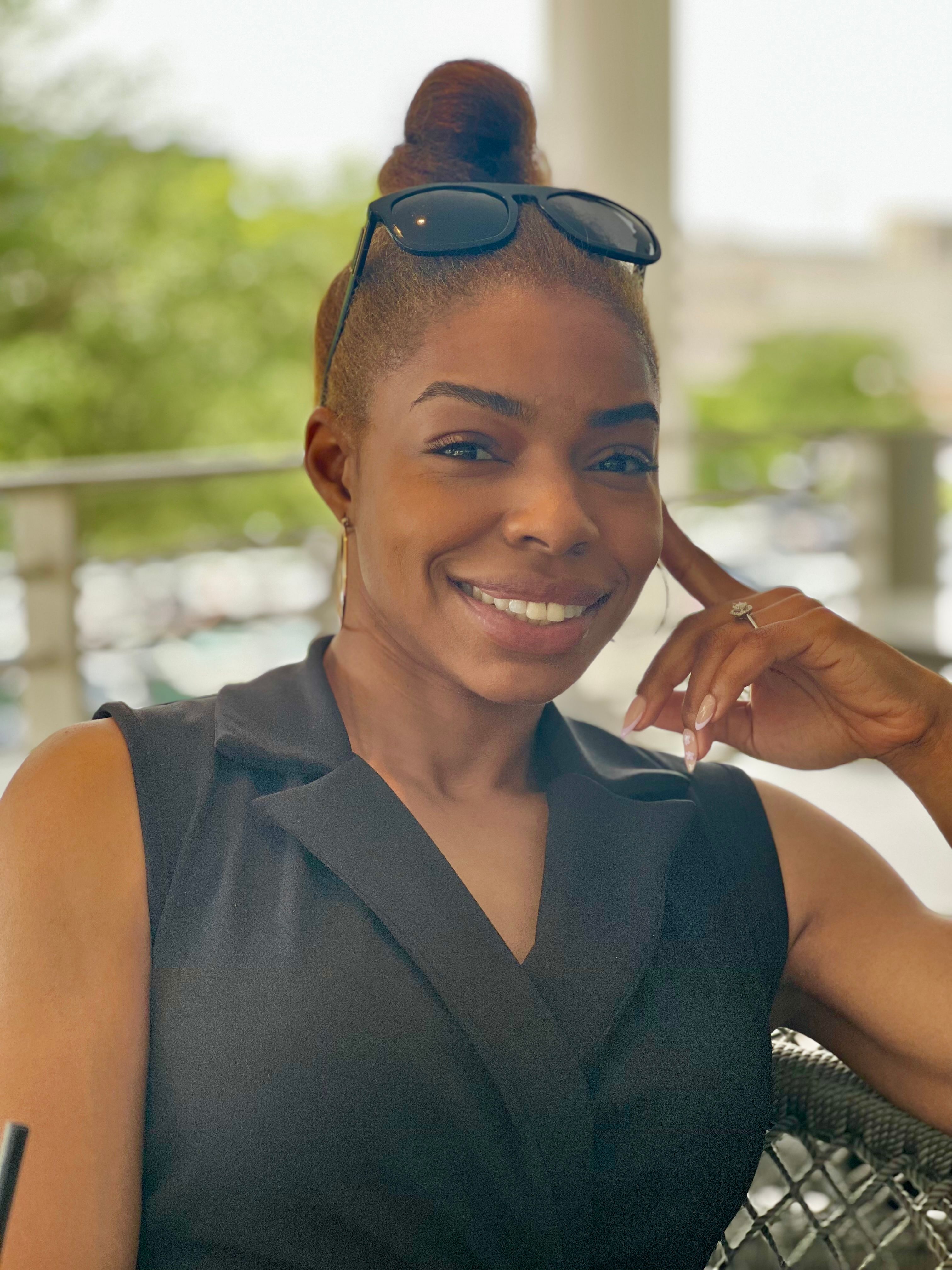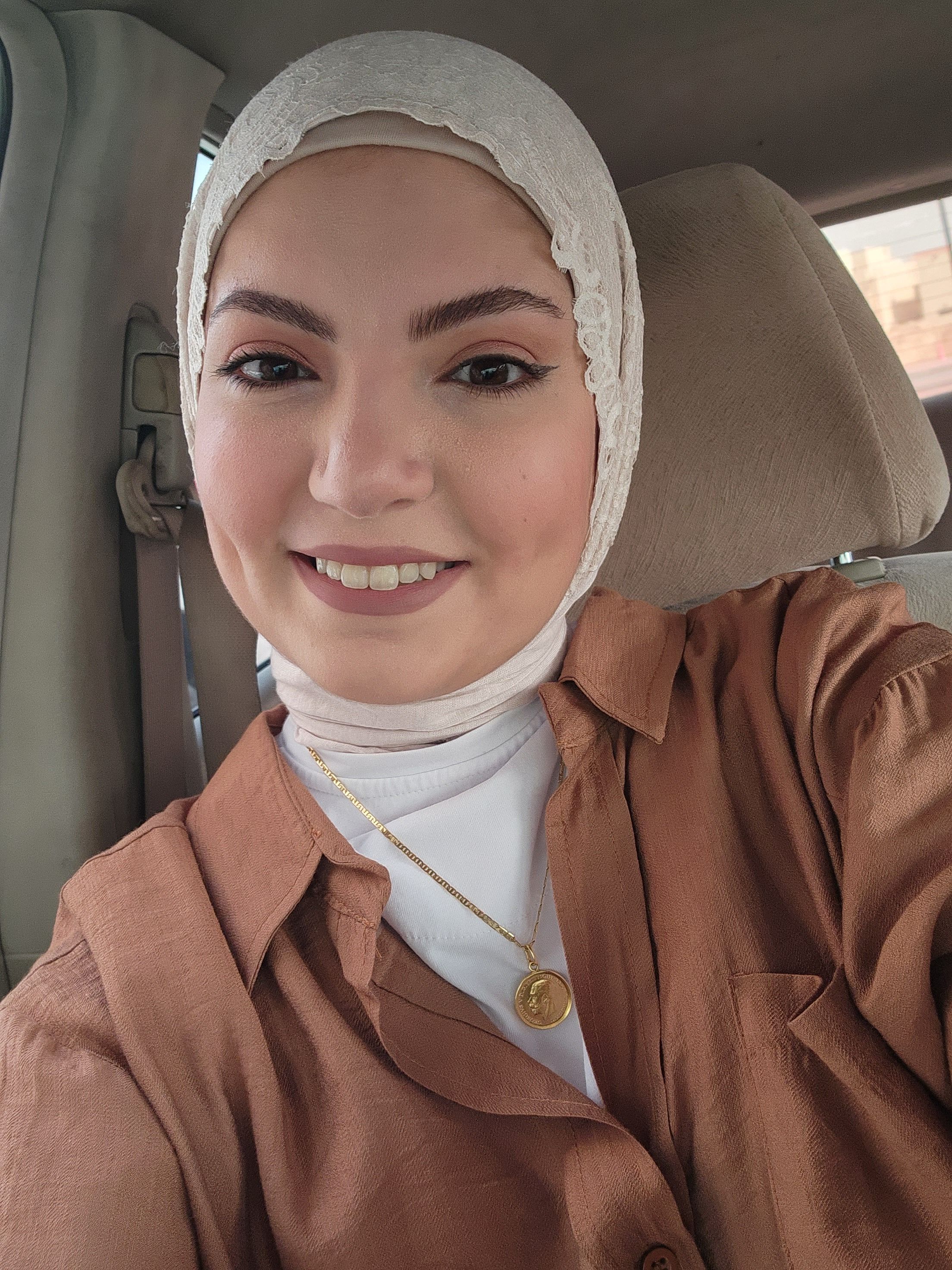HEAD BANGING IN CHILDREN WITH SPECIAL NEEDS
Head banging is a type of self-injurious behavior commonly seen in some autistic individuals, often used as a way to cope with overwhelming sensory input or emotional distress.
It can be triggered by sensory overload, frustration, anxiety, pain, or a desire for deep pressure input — making it essential to identify the root cause before addressing the behavior.
✨ Let’s talk about:
Why head banging happens
What it tells us about the child’s needs
And how we can respond safely and effectively





